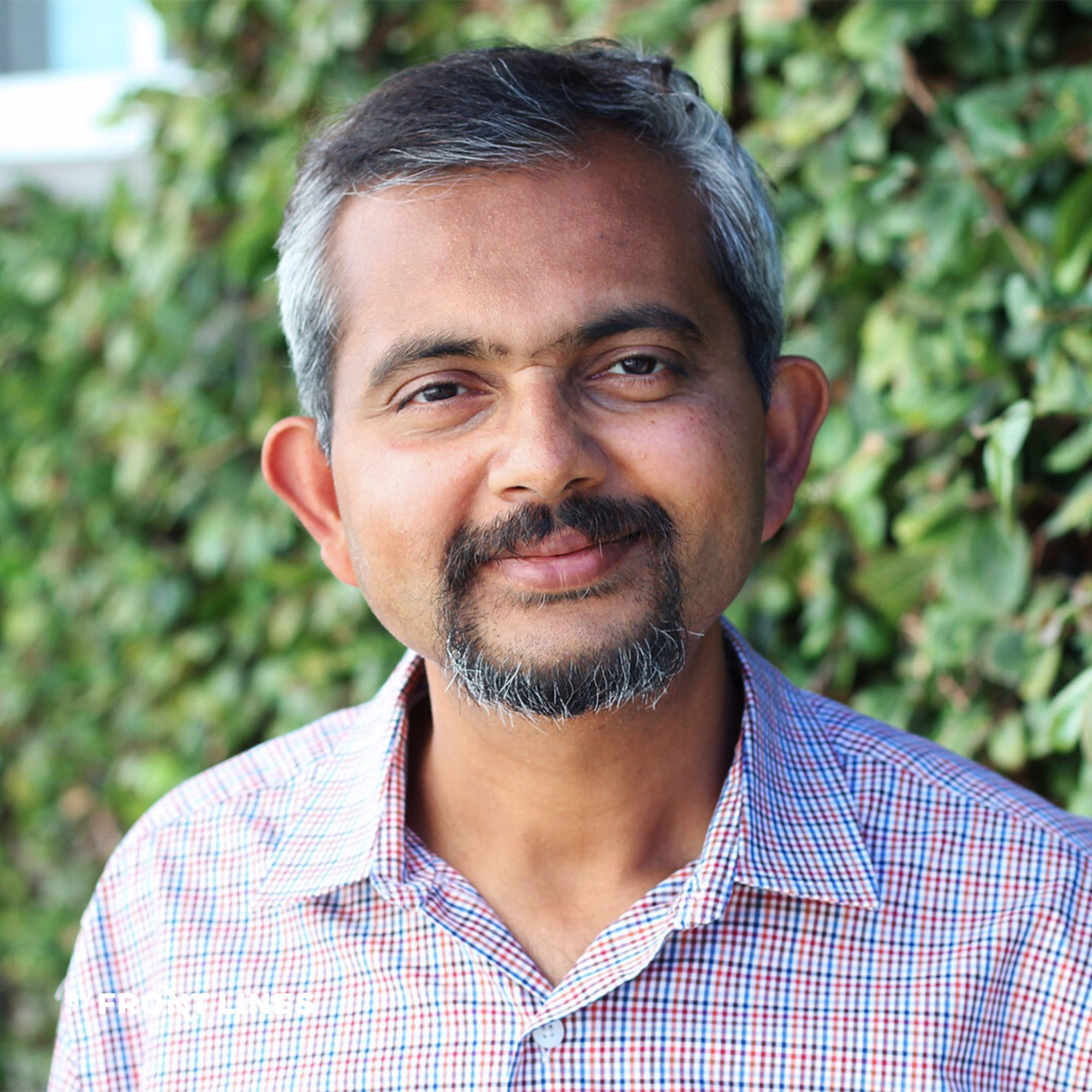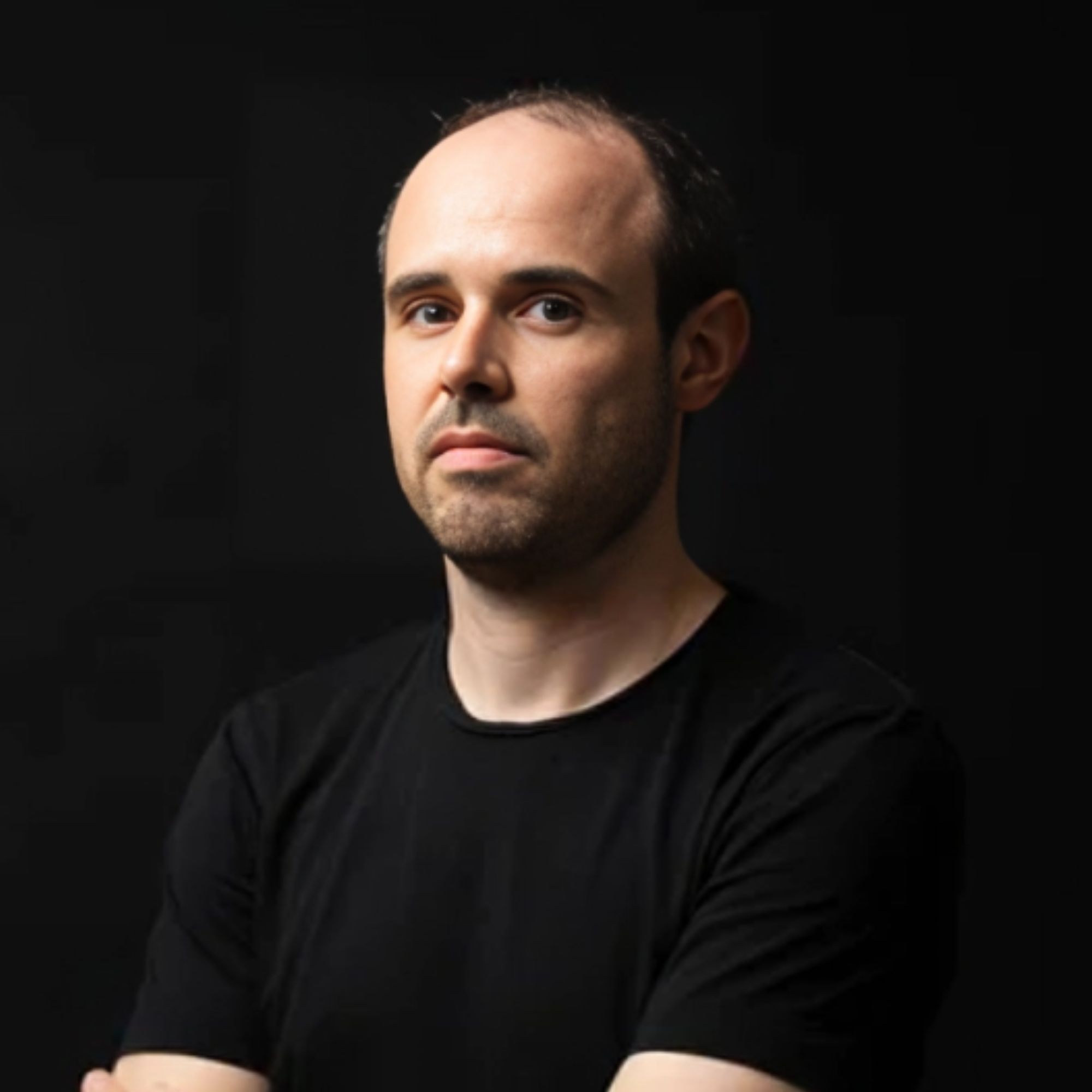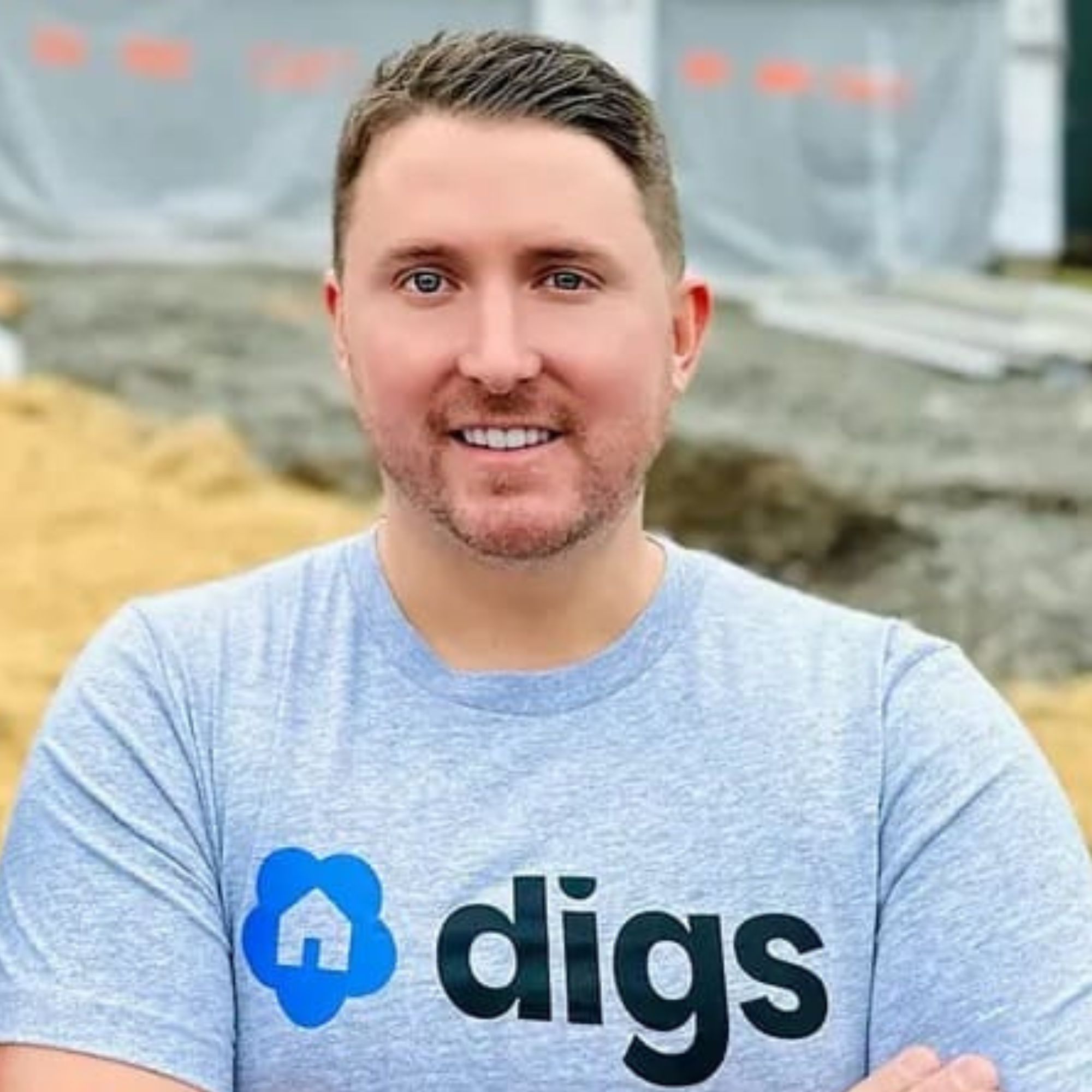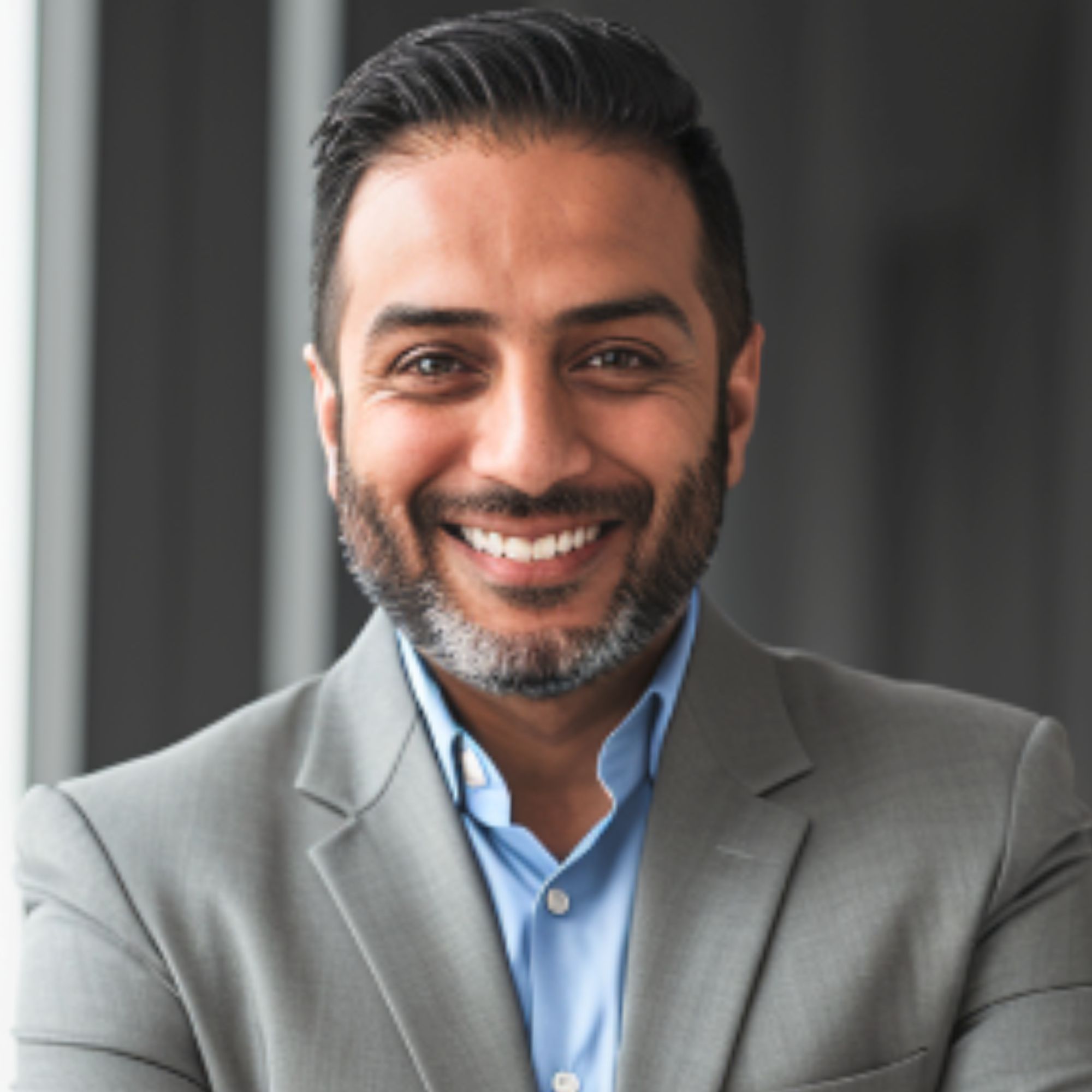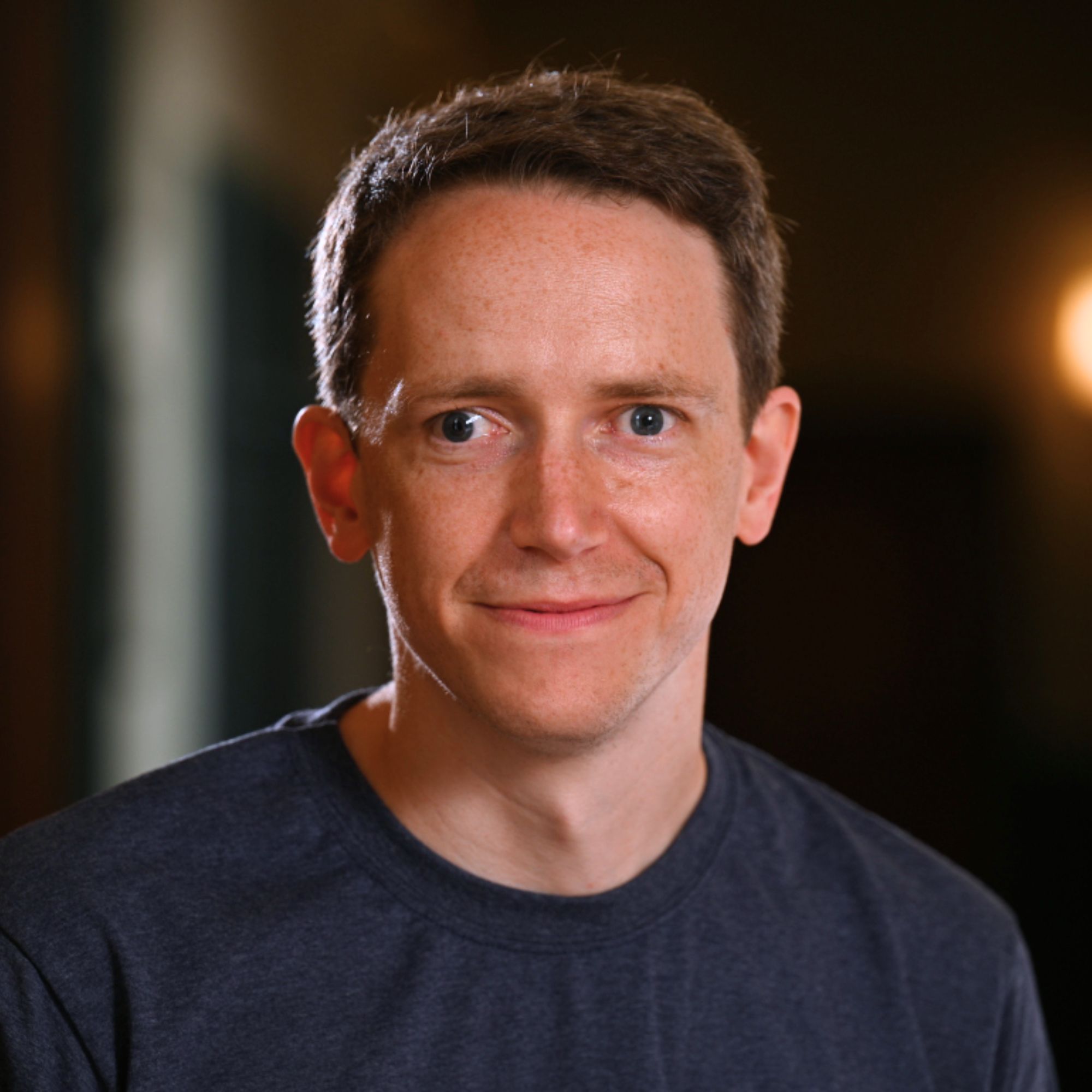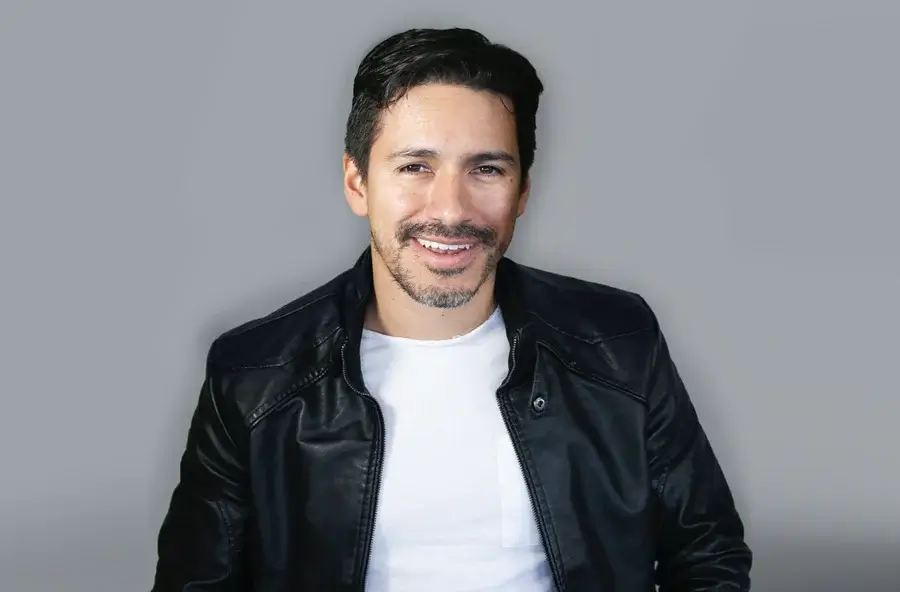We only take on 4 clients per month. Join our June cohort. 1 spot left.
Conversation
Highlights
Welcome to another episode of Category Visionaries — the show that explores GTM stories from tech’s most innovative B2B founders. In today’s episode, we’re speaking with Alan Cowen, CEO and Founder of Hume AI, a research lab and technology startup that has raised over $17 million to develop an empathetic AI toolkit for researchers and developers. The toolkit aims to measure, understand, and improve how technology affects human emotion and well-being.
Key topics discussed in this episode:
- Alan’s background as a psychologist who brought data science to the study of human emotion, worked with startups and big tech companies to optimize their applications for emotional well-being, and spent six years at Google AI before founding Hume AI.
- The admiration for Sam Altman and OpenAI’s long-term vision, ability to prove skeptics wrong, and epistemic humility in the face of rapid AI advancements.
- The influence of books like “Human Compatible” by Stuart Russell and “Life 3.0” by Max Tegmark, which highlighted the potential for AI to become exploitative if not optimized for human well-being, a problem that has become more urgent with the rise of large language models.
- Hume AI’s empathetic AI toolkit, which provides APIs to measure human expression in video, audio, image, or text files, tools to link those measurements to self-reported emotions, well-being, and health outcomes, and the ability to optimize AI models directly for metrics of well-being and satisfaction.
- The rapid progress in AI, from the release of GPT-3 to the capabilities of GPT-4, and the potential for both groundbreaking positive applications and dangerous misuse within the next 3-5 years, underlining the urgency of embedding an understanding of human well-being into AI systems.
Actionable
Takeaways
Optimize AI for Human Well-Being:
As AI becomes more powerful and autonomous, it's crucial to ensure that it has an overriding interest in human well-being and can override any objectives that conflict with that goal. This requires embedding measures of human expression, emotion, and well-being into the training and real-world adaptation of AI models from the very beginning.
Provide Clear Explanations for AI Decisions:
To address concerns about bias and politicization in AI, it's important for models to clearly explain the reasoning behind their decisions, using examples focused on harm and good rather than politicized terminology. By prioritizing transparency and evidence-based communication, AI developers can build trust and address skepticism.
Prepare for Rapid AI Progress:
Given the speed of recent advancements, from GPT-3 to GPT-4, it's essential for founders and researchers to anticipate and prepare for potentially mind-blowing developments in the next 3-5 years. While some may hope for a slowdown to allow time for safety measures, it's prudent to assume continued rapid progress and adapt accordingly.
Collaborate Across Disciplines:
Tackling the challenges and opportunities of AI requires close collaboration among experts from various fields, including psychology, computer science, ethics, and industry. By fostering open communication and partnerships, initiatives like Hume AI and The Humane Initiative aim to develop guidelines and best practices for the responsible development and use of AI.
Embrace the Potential for Positive Impact:
While it's important to acknowledge and mitigate the risks of AI misuse, it's equally crucial to recognize and pursue the incredible potential for AI to drive scientific breakthroughs, improve productivity, enhance creativity, and ultimately make the world a better place. By focusing on the positive applications and embedding safeguards against harm, we can work towards a future where AI is a powerful tool for human flourishing.














